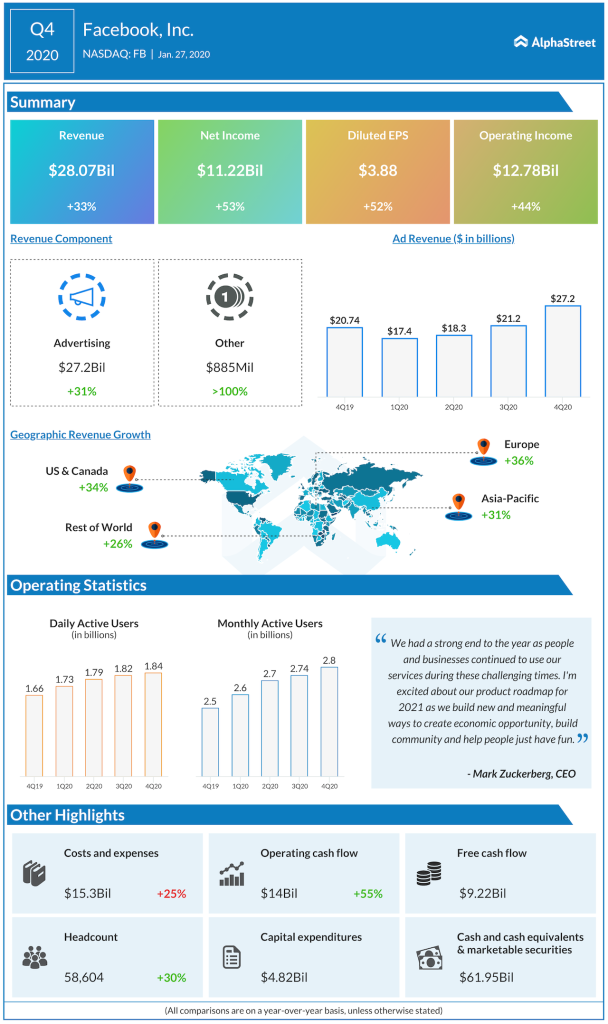Tackling toxic content
Twitter and Facebook are constantly talking about their efforts to tackle toxic content and how this is an ongoing process that takes a lot of work. At its Analyst Day event last month, Twitter’s CEO Jack Dorsey acknowledged that public conversations are the fastest way to spread an idea and that public conversations have the potential to reach every single person on this planet.
The company accepts that public conversations need to be safe from abuse, harassment and malice both to increase engagement among users and to drive advertising growth as brands do not wish to be seen anywhere near hate content.
Twitter expanded its policies to curb the spread of misinformation on topics related to COVID-19, voting and other such political and social matters. The microblogging platform has added features like warnings and prompts that urge users to read and check the content before sharing and it said these have proven to be useful to an extent in limiting the spread of fake news. Twitter’s Conversation Controls feature that allows people to manage the replies they get to their tweets has helped in reducing toxic and abusive replies by 85%.
Facebook is also keeping an eye on the political content on its platform. On its most recent quarterly conference call, the company said it had not only taken down groups that violated its policies on hate speech but that it had stopped recommending civic and political groups. Facebook is also working on reducing the amount of political content on News Feed.
Popularity
Despite all the backlash these social media companies receive over fake news and hate speech, people still continue to use them. Over the past three years, Twitter’s monetizable daily active usage (mDAU) has increased consistently each quarter. In Q4 2020, total mDAU rose 27% YoY to 192 million.
In the US, however, mDAU has remained somewhat stagnant growing at a slow pace while international mDAU has picked up more rapidly. In the first two quarters of 2020, mDAU in both regions saw a jump as people spent more time on Twitter to keep themselves updated about the pandemic and other global events amid the lockdown. In Q4 2020, US mDAU grew 21% while international mDAU rose 28%.
Facebook’s daily active users (DAUs) increased 11% YoY to 1.84 billion in Q4 2020 while monthly active users (MAUs) increased 12% to 2.80 billion. Facebook is also seeing relatively stagnant DAUs in the US and Europe while the Asia-Pacific and Rest of World (RoW) segments are seeing good growth. MAUs have not picked up much in the US but the other three segments are seeing decent growth. Although the monetization levels are much lower in the Asia-Pacific and RoW regions, the stable growth is a good thing.
Outlook
Despite Twitter and Facebook forecasting a moderation in their usage levels for this year and beyond from the unusual spike in 2020, both companies believe there are opportunities for further expansion in emerging markets. Twitter sees good growth potential in regions like India and Africa while Facebook already has a pretty strong foothold in India. In Q4 2020, Twitter saw a 74% YoY growth in mDAU in India.
Looking ahead, people are likely to log on to social media sites to stay updated on recent events or simply for the sake of entertainment. However if the toxicity on these platforms persists, the engagement levels could take a hit. Lawmakers are also calling for large companies like Facebook and Alphabet to be split into controllable units. It remains to be seen if such a move will ever take place and how that would affect the operations of these companies.
